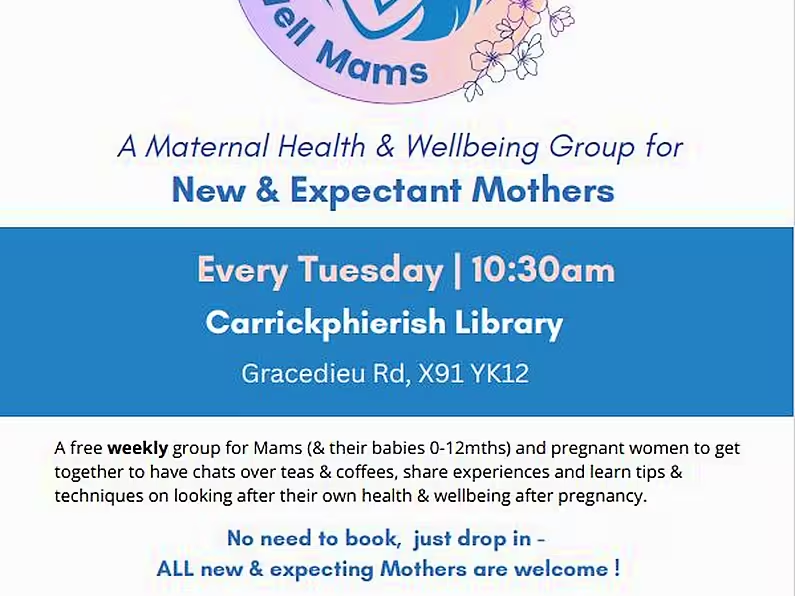James Cox
A senior member of the National Public Health Emergency Team (Nphet) has outlined the groups “reasons of concern” over the Delta variant of Covid-19.
Medical virologist Dr Cillian De Gascun was speaking after Government accepted Nphet's advice to delay the return of indoor dining and limit it to those who are fully vaccinated.
Dr De Gascun, the director of UCD’s National Virus Reference Laboratory, did not directly reference controversy over the decision but he posted a lengthy Twitter thread on the dangers posed by the Delta variant.
He said: “As any new variant emerges, there are three main issues that we consider: transmissibility; infection severity; and impact on pre-existing immunity (reinfection risk) and vaccine effectiveness.
“Firstly, based on available evidence, the Delta variant appears to be between 40 per cent and 60 per cent more transmissible than the Alpha variant, which has been dominant in Ireland for the last five months.”
He added: “When compared with Alpha, Delta exhibits an increased growth rate, an increased secondary attack rate, increased household transmission, and laboratory evidence of increased replication in biological systems that model the human airway.
“As such, because the Alpha variant was itself significantly more transmissible than the original SARS-CoV-2 virus, we can say that Delta is almost certainly at least twice as transmissible as the virus we experienced last summer.”
Dr De Gascun said that “secondly, if we look at infection severity, data from Scotland and England show an increased risk of hospitalisation among individuals infected with the Delta variant compared to Alpha. Infection with Delta roughly doubled the risk of hospitalisation.”
He said the case-fatality rate for the Delta variant (0.3 per cent) appears to be lower than the Alpha (two per cent) but “a large number of cases are still within the follow-up period, so we still have more to learn about the clinical course of disease with Delta infection.”
Dr De Gascun added: “Thirdly, looking at immunity, neutralisation studies using convalescent sera show a reduction in neutralisation against Delta.”
He said evidence does not yet suggest this is due to a rise in reinfection of recovered individuals.
“However, we do see a reduction in vaccine effectiveness (VE) for Delta compared with Alpha against symptomatic infection, particularly after one dose. “Although this is concerning, VE against Delta is high after two doses, and VE against hospitalisation is maintained,” he said.
Dr De Gascun also said the Delta variant will “almost certainly” be the dominant variant in the State by mid-July.














